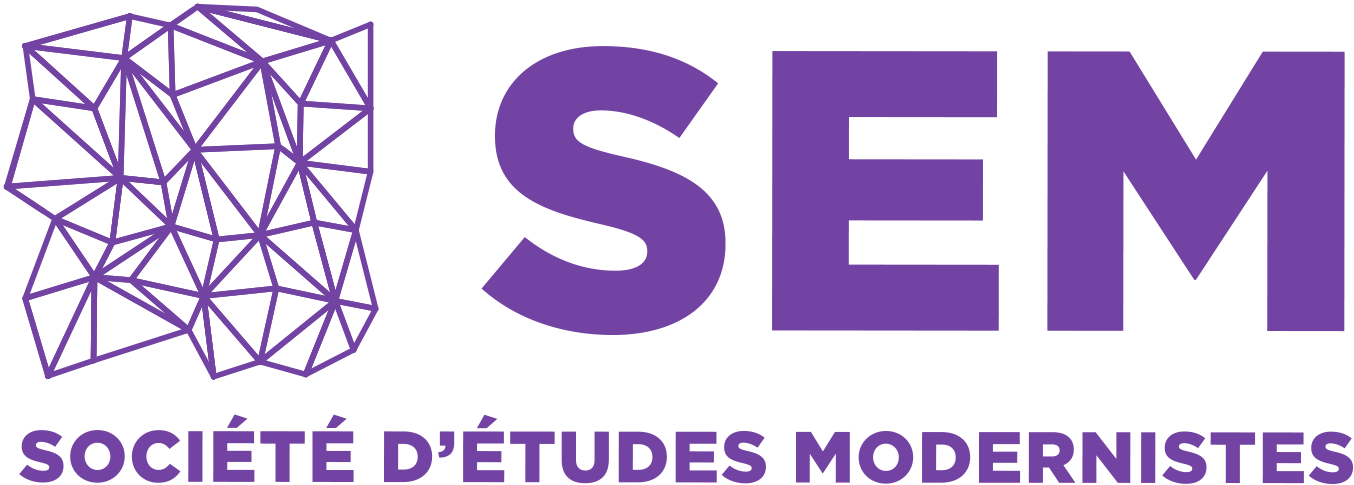Programme
Je m’inscris
Bâtiment W, ground floor lecture theatre and seminar rooms
Université Université Paris Nanterre
200 Avenue de la République
Campus map
Public transport
The campus may be reached by RER and by suburban train (SNCF). In both cases, the university’s station is Université Paris Nanterreniversité.
* From Paris by RER
Take RER line A in the direction of Saint Germain-en-Laye, disembark at Université Paris Nanterreniversity (RATP zone 3: purchase a ticket with this destination marked). Count on 15 minutes from Chatelet-les-Halles, 12 minutes from Auber/Opera.
* From Paris by suburban train
Take the SNCF suburban train from Gare Saint-Lazare, direction Université Paris Nanterreniversité. Disembark at the terminus.
Poster
Organisers:
Hélène Aji, Caroline Pollentier, Naomi Toth
Scientific committee:
Hélène Aji (Université Université Paris Nanterre)
Catherine Bernard (Université Paris Diderot)
Nicholas Manning (Université Paris Sorbonne)
Laura Marcus (New College, Oxford)
Jean-Michel Rabaté (University of Pennsylvania)
Caroline Pollentier (Université Paris Sorbonne Nouvelle–Paris III)
Julie Taylor (Northumbria University)
Naomi Toth (Université Université Paris Nanterre)
Steven Yao (Hamilton College, New York)
Hélène Aji: helene.aji@parisnanterre.fr
Caroline Pollentier: caroline.pollentier@hotmail.fr
Naomi Toth: ntoth@parisnanterre.fr
CREA (Université de Université Paris Nanterre)
UFR LCE (Université de Université Paris Nanterre)
Vortex (Université de la Sorbonne Nouvelle – Paris III)
Institut des Amériques
Région Île de France
du 22 juin 2016 au 24 juin 2016
